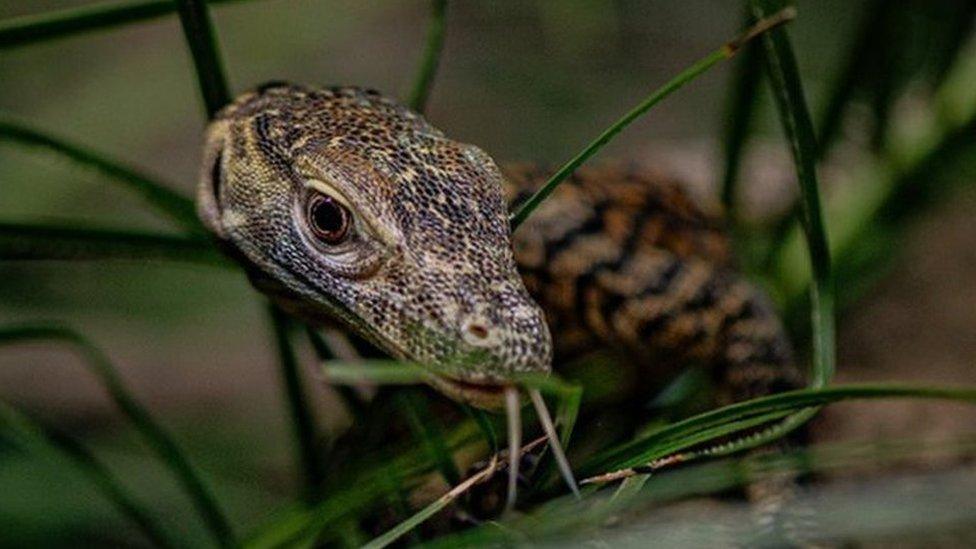Chester Zoo celebrates hatching of two rare parrot chicks
- Published
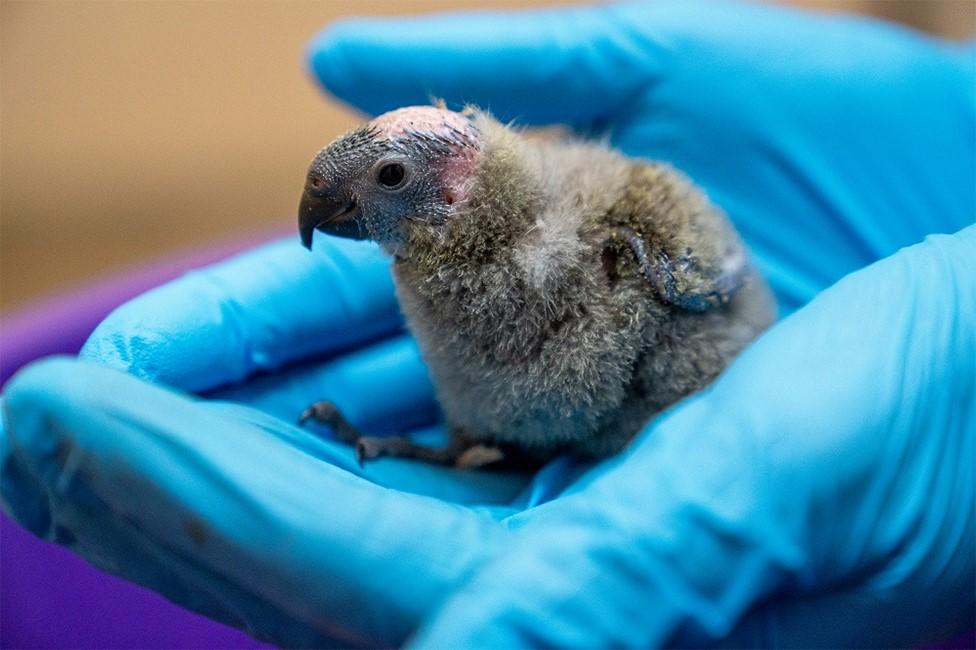
The Mitchell lorikeet chicks hatched in September
The hatching of "extremely rare" parrots provides "new hope" to bring the species "back from the brink" of extinction, zoo experts have said.
Chester Zoo said two Mitchell's lorikeet chicks hatched in September.
Parrot team manager Zoe Sweetman said the zoo was now home to 12 Mitchell's lorikeets which is more than what has been recently recorded in the wild.
She said the arrival of the "very special" chicks was a "pivotal moment" for the future of the species.
Mitchell's lorikeet was once found on the Indonesian islands of Bali and Lombok, the zoo said.
A group of conservationists set out to find the last remaining populations in 2020 and recorded only seven birds living in Bali.
Ms Sweetman said the zoo has been monitoring the precious chicks "very closely" and weighing the duo regularly to give them every chance of fledging the nest and reaching adulthood.
Zookeepers said the sex of the new arrivals will be determined by testing DNA samples from their feathers at a later date.
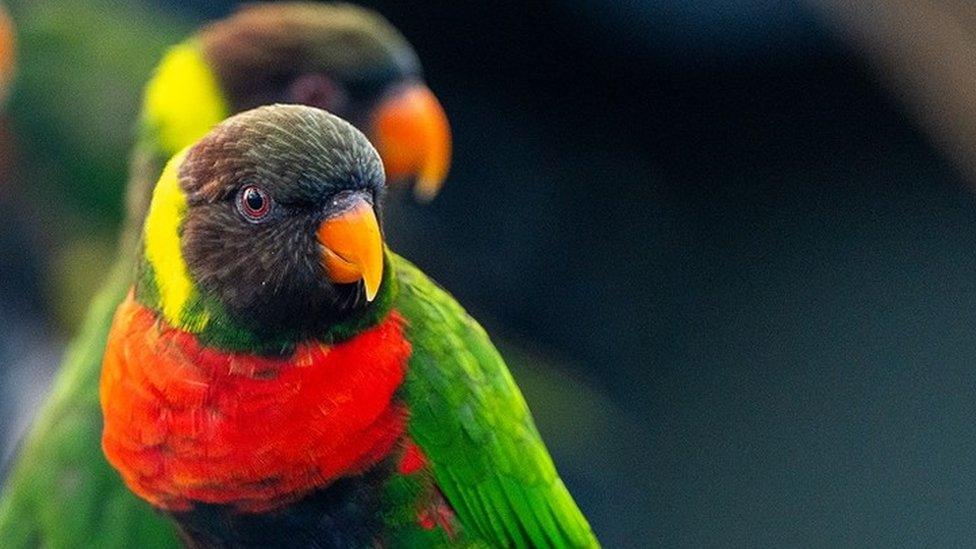
Rarer or more colourful birds are the most highly prized in the illegal wildlife trade, says Chester Zoo
The zoo said extensive hunting and trapping for the illegal wildlife trade has led to the drastic decline in numbers, resulting in the species being listed as endangered by the International Union for the Conservation of Nature (IUCN) and BirdLife International.
The market is driven by a culture of keeping and giving birds as gifts, where the rarer or more colourful birds are the most highly prized, it added.
Andrew Owen, head of birds at the zoo, said it had been working with the Cikananga Conservation Breeding Centre in Java for more than a decade as many of Indonesia's bird have now largely disappeared.
"In the case of the Mitchell's lorikeet, it will be the role of conservation zoos like ours to provide a safe haven for the birds and, through specialised breeding programmes, secure their future and help bring them back from the brink," he added.

Why not follow BBC North West on Facebook, external, X, external and Instagram, external? You can also send story ideas to northwest.newsonline@bbc.co.uk
Related topics
- Published22 November 2023
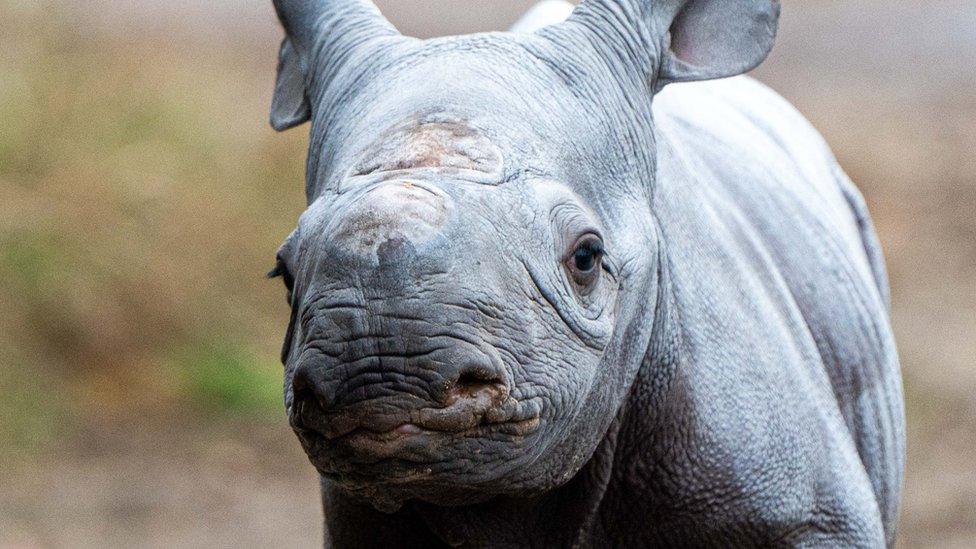
- Published17 September 2023
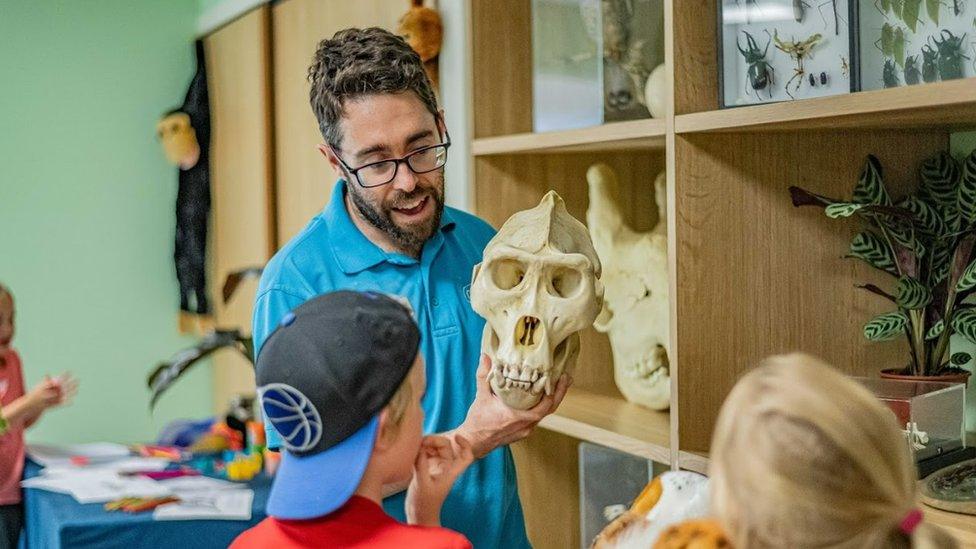
- Published5 September 2023
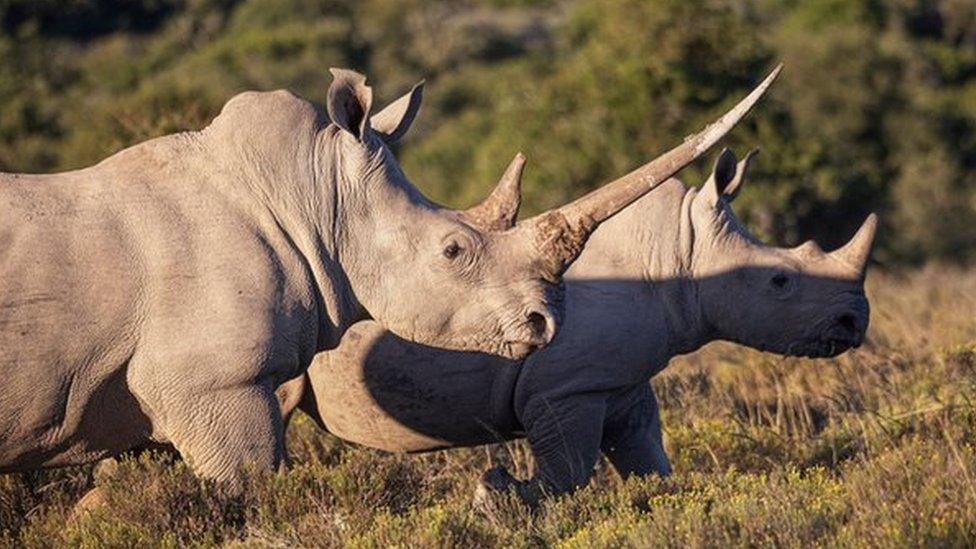
- Published6 July 2023
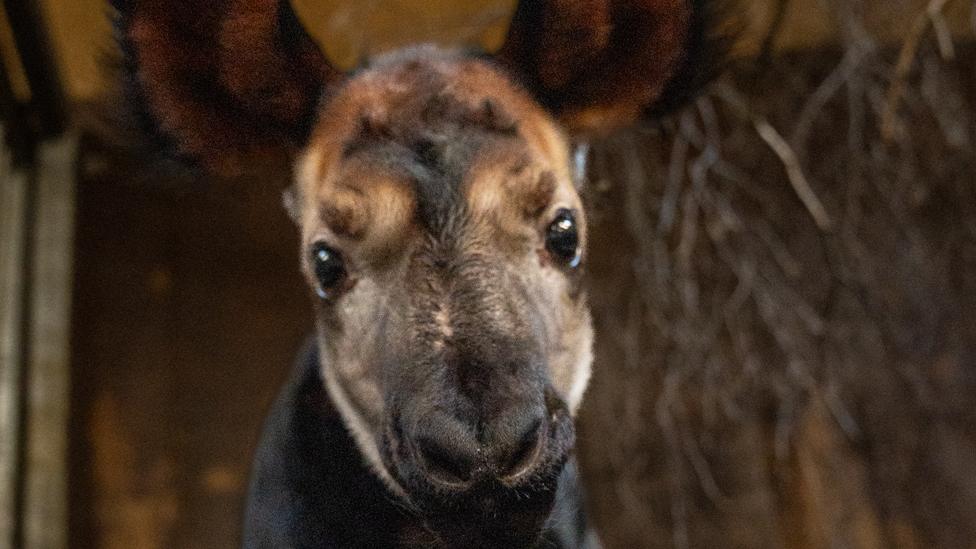
- Published23 June 2023
